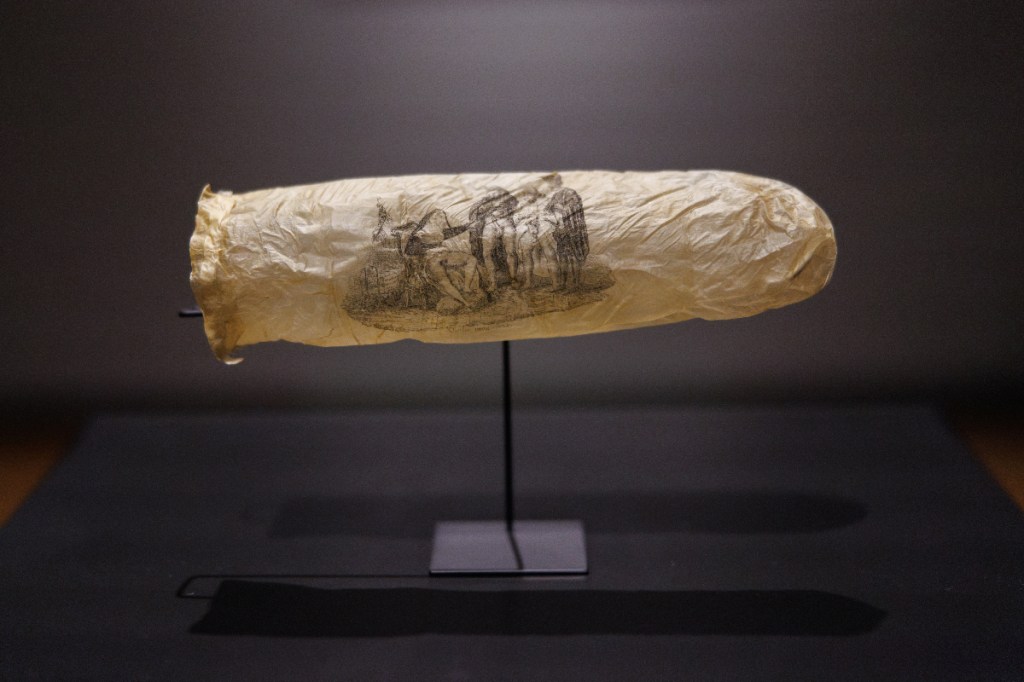In America, the 1970’s and 80’s were a period dominated by the video arcade. Towards the middle of the decade, you couldn’t turn a corner in Manhattan’s Lower East Side without basking in the glowing neon lights and chirping sounds of videogaming’s golden age. Meanwhile, in Cold War Russia, things were happening a bit differently.
With foreign imports banned and quickly-abandonded military factories as their only source of games, Russia’s arcade scene developed quite differently from ours. But the limited window of time and extreme circumstances under which these games were produced makes this period all the more fascinating, and the curation of this Soviet Arcade Museum, all the more impressive.
Videos by VICE
A professor and two students from Moscow State Technical University are the ones who assembled this collection of Soviet videogame artifacts, and it’s a sure bet that almost none of them have ever been seen outside of Russia until now. A majority of the makeshift game cabinets were in complete disarray prior to the museum’s formation and in many cases, it took a great deal of time just to figure out how they were suppose to work. But the efforts have paid off, and we now have a fascinating window into a facet of Soviet life that was previously hidden.

A painted cardboard backdrop for the game “Sea Battle,” where players see projected game elements through a periscope
It’s amazing to see both the striking similarities and strange differences between these games and those found in the US and Japan at around the same time. None of the Soviet games, for example, have High Score screens, due to a Communist stigma on competition. Even more peculiar, most of the cabinets rely on mechanical elements as much as digital, with some even utilizing cardboard props and puppets.
Newsgames has the low-down on this fantastic exhibit, and you can even play an emulated version of one of the games at the museum’s website.



More
From VICE
-

Photo by Rijksmuseum/Kelly Schenk -

Photo by Tibor Bognar via Getty Images -

De'Longhi Dedica Duo – Credit: De'Longhi -

We Are/Getty Images